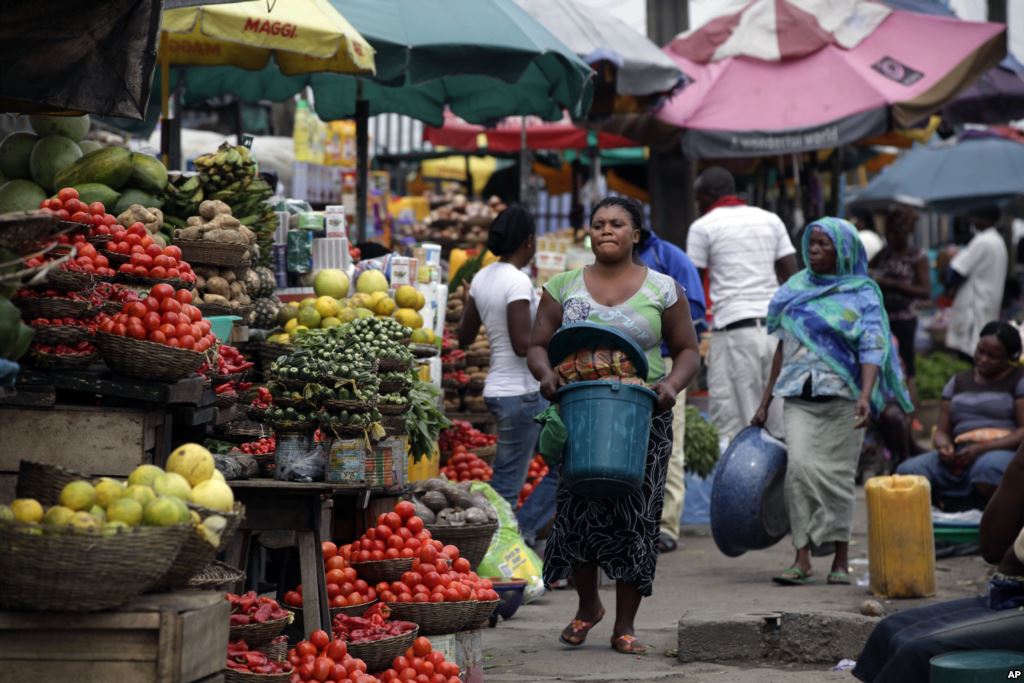
WHY ECONOMIC HARDSHIP MAY PERSIST UNTIL 2027 — EXPERTS WARN
Economic Experts Forecast Grim Outlook Amidst Current Challenges
This week’s economic turbulence, marked by a further rise in petrol prices, has prompted financial experts to issue a stark warning about the Federal Government’s economic policies and their potential short- to medium-term impacts.
Despite the Federal Government’s repeated assurances of a forthcoming turnaround and calls for patience from citizens, experts suggest that significant recovery might not be seen until at least 2027. However, this optimistic projection hinges on the implementation of critical measures to mitigate the ongoing economic hardships.
Recent developments include a new increase in fuel pump prices, which now range between N900 and N1,200 per litre, amid a seven-week-long fuel scarcity. Analysts warn that this price hike could lead to further economic downturns and exacerbated hardship for Nigerians.
Key economic challenges include soaring inflation, rising unemployment, diminished purchasing power, and increased living costs, all contributing to a declining standard of living. Analysts stress that recovery will largely depend on improvements in the oil sector, stability in foreign exchange and interest rates, and enhanced agricultural productivity. However, the prospects for these improvements appear bleak.
The oil sector faced a significant setback this week with the price of Nigeria’s Bonny Light crude dropping to $73 per barrel, the lowest this year. This decline threatens budget implementation, which was based on a $77 per barrel estimate, and exacerbates the already struggling oil production, which has been averaging 1.4 million barrels per day against a target of 1.7 mbpd. The oil sector’s poor performance jeopardizes the fiscal plan for 2024 and makes the year’s economic recovery target seem unattainable.
The drop in oil revenue, crucial to Nigeria’s oil-dependent economy, has also impacted foreign reserves, which fell to $36.3 billion after losing over $500 million in late August 2024. This has increased pressure on the Naira, which weakened to N1,630 to the Dollar this week, up from an average of N1,570 in August. Inflation remains high, further burdened by external pressures on imported goods.
Experts predict that significant improvements might not become apparent until 2025 or 2026, provided that the government effectively addresses key issues such as infrastructure development, inflation control, currency stabilization, and support for local production. However, these changes are expected to be gradual rather than immediate.
Expert Opinions on Economic Recovery
Prof. Uche Uwaleke, President of the Association of Capital Market Academics of Nigeria (ACMAN) asserts that a swift recovery is improbable due to the extensive legacy issues in sectors like power and petroleum, compounded by insecurity. He emphasizes that addressing these structural challenges will take substantial time, and inflation and exchange rates are likely to remain high in the short to medium term.
David Adonri, Analyst and Executive Vice Chairman of Highcap Securities Limited critiques the government’s approach to economic reforms, suggesting that it is exacerbating the situation. He argues that the government’s failure to implement austerity measures and address rural insecurity has extended economic pains and made future recovery uncertain.
Dr. Femi Egbesola, President of the Association of Small Business Owners of Nigeria (ASBON), Dr. Egbesola calls for a reorganization of the economic team and a focus on improving citizens’ welfare. He stresses the need for anti-corruption measures, support for SMEs, and a focus on fighting corruption to foster transparency and improve economic conditions.
Toyin Sanni, Group CEO of Emerging Africa Capital Group highlights that while the current reforms are necessary, they have led to significant economic hardships. She notes that recovery depends on aligning various factors, such as effective policy coordination and addressing structural issues. She predicts visible improvements may only become apparent by late 2025 or early 2026.
Clifford Egbomeade, Public Analyst and Communications Expert suggests that the government should focus on policy reforms that prioritize economic diversification, job creation, and social safety nets to cushion the impact on vulnerable populations.
Recommendations for Economic Recovery
To achieve a sustainable economic turnaround, experts propose several actions:
Enhance Security in Agriculture: Improve security in food-producing regions to boost agricultural output and stabilize food prices, which is crucial for controlling inflation.
Invest in Infrastructure: Develop critical infrastructure, including transportation and logistics, to reduce business costs and support economic growth. Investments should target improving roads, ports, and railways.
Improve Policy Coordination: Ensure effective coordination between monetary and fiscal policies to avoid conflicting actions and create a stable economic environment.
Encourage Private Sector Investment: Foster an environment conducive to private sector investments, particularly through public-private partnerships, to address infrastructure deficits and stimulate economic growth.
Support Technology and Innovation: Invest in technology and innovation, including the development of industrial parks and funding for startups, to drive economic growth and create high-quality jobs.
Promote Economic Inclusion: Focus on empowering women and youth by ensuring equitable access to education, resources, and opportunities, thereby harnessing their potential for economic growth.
Foster Societal Cohesion: Strengthen societal cohesion and address ethnic and regional divides through inclusive policies and dialogue to build a more harmonious and prosperous society.
![]()
